|
Has your dog or cat been diagnosed with pneumonia?
Whether your pet has a mild cough or is struggling to breathe, your vet should take thoracic radiographs (chest x-rays) to view the lungs. These images give us vital information about what is happening within the chest. It can reveal an enlarged heart, lung inflammation or infection, fluid or air in the chest where it is not supposed to be, and even masses.
In the images below you'll see the lung fields outlined in white with the major structures labeled. In the image on the left, the normal chest x-ray, the lungs are nice and dark/black in color. You can see the heart outlined because it is denser than the surround lungs. On the image on the right, however, it is extremely difficult to see the outline of the heart and the lung fields are 'whited out'. This is what a pneumonia radiograph looks like.
Pneumonia is described as an infection that causes inflammation in the lungs. This may be in one or many of the lung lobes. Pneumonia can be caused by bacteria, viruses, fungal, protozoal, or parasite infections. The air sacs, or alveoli, of the lungs fill up with fluid or pus. (Want a refresher on anatomy? Visit the respiratory page here.)
Comments
Have you wondered how the lungs work? What about the different structures that are all part of the respiratory system? Has your pet been diagnosed with an upper or lower respiratory disease? May is all about basics and diseases affecting dogs and cats breathing. We start with basic anatomy and then we'll talk about some of the common diseases we see in veterinary internal medicine. Check out the basics in our newest section of the website: the Respiratory System. The main page includes a video explaining how dogs and cats lungs work. It's based on people, but we're all mammals and our lungs work the same way. Visit the respiratory section to see this fun video. Then watch for each of the week's topics including:
We hope this helps. If you think someone you know might be interested in the topics we cover, we'd love if you share the website with them!
Nothing gets us out of bed faster than the sound of retching in the middle of the night! But what about those times stuff just flies out of their mouths like in the movie "The Exorcist"? (You know the scene we're talking about: split pea soup!) We know, it's not our favorite thing to talk about but it's important to know the difference between vomiting and regurgitating. That Retching SoundThe Pet Health Journal: A 6 Month Journal For Medications, Exams, & Healthy Living was officially published this week! We're so excited to share this work book with you and hope you get a chance to see it in person. If you live near Ashley or Yvonne, you've probably seen the proof copies because we've been carrying them around everywhere with us the last few weeks!!! If you'd like a journal of your very own, visit Amazon and grab a copy today! We'll be setting up with additional online retailers in the next week or so, so keep a look out for the Pet Health Journal at your favorite retailer. We are also making the Pet Health Journal available for wholesale to veterinary clinics and hospitals, so if you think your veterinarian might want to carry it have them send us an email at contact@internalmedicineforpetparents.com and we'll get them set up. Thank you!We want to give a big thank you to everyone who helped get the Pet Health Journal finished. We hope this journal helps pets and their families live a happier, healthier life together. Sincerely,Heartworm disease is what is called a vector borne disease. What this means is that a vector, in this case a mosquito, transmits or gives the disease to the animal through a blood meal. When the mosquito is feeding on your dog or cats’ blood, they are simultaneously injecting an immature form of heartworm! It is caused by the nematode (small worm) parasite, Dirofilaria immitus. We abbreviate their name as D. immitus. When these immature heartworms, or larvae enter the body they start to grow and mature. Depending on whether they enter a dog or cat, as to when the problems will start to occur. Dogs are what is called the ‘definitive or natural’ host for heartworms, cats on the other hand are known as ‘aberrant’ hosts. Because of this, the disease behaves very differently in each of these host species. Dogs and Heartworm DiseaseLet’s first look at heartworm disease in dogs, the natural host. All canid species can become infected with heartworm disease, that means not only the neighborhood dogs, but the foxes, coyotes and wolves (yikes!). If you have mosquitos in your yard, you have heartworm disease!
We're so excited to start 2019 with big plans for the year. Thank you for joining us since we launched in August. We hope the information we're providing is helping you and your family live happier, healthier lives. What we accomplished in 20182018 was a learning year for IMFPP. We launched the website in August and since then have been working hard at creating weekly blog posts as well as creating the disease pages. Our weekly blog post has been a place of pride for us. We're working hard to ensure it is released every Thursday morning and has the highest quality information. We've had some amazing contributing authors and plan to keep bringing you the best we can. Currently the pages that have the most information are the urinary, endocrine, liver, hematology, and immunology. These pages are not 100% complete, but most of the basics are there. As we continue to grow, these pages will continue to be fleshed out. We're excited to have grown our newsletter list to over 100 subscribers! Everyone on our list got a copy of our Weekly Treatment Tracker and we've heard great feedback on it. Thank you so much to everyone that's joined us so far. If you'd like to join here's the link: Subscribe Now! In the background we've been working on the nitty-gritty details to set up our business for the growth we have planned in the future. Plans for 2019 |

Ready to Work Together?
Thank you!You have successfully joined our subscriber list. This website is NOT a substitute for veterinary care with a veterinarian. We recommend you follow the advice and treatment plan as prescribed by your veterinarian, and only after discussing anything found on this website with your veterinarian, with their approval, implementing advice found here.
Most of the information on this site is free for you to read, watch or listen to, but Internal Medicine for Pet Parents is also a business. So please expect hyperlinks to be affiliate links in many cases, where we receive a small percentage of sales if you wish to purchase. We only recommend tools, books and services that we use, or people we know personally. Integrity and authenticity continue to be of the highest importance to us. Read the privacy policy here. We hope you find the site useful! Thanks – Yvonne and Ashley Check us out on Facebook!
Categories
All
Archives
October 2019
|
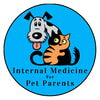
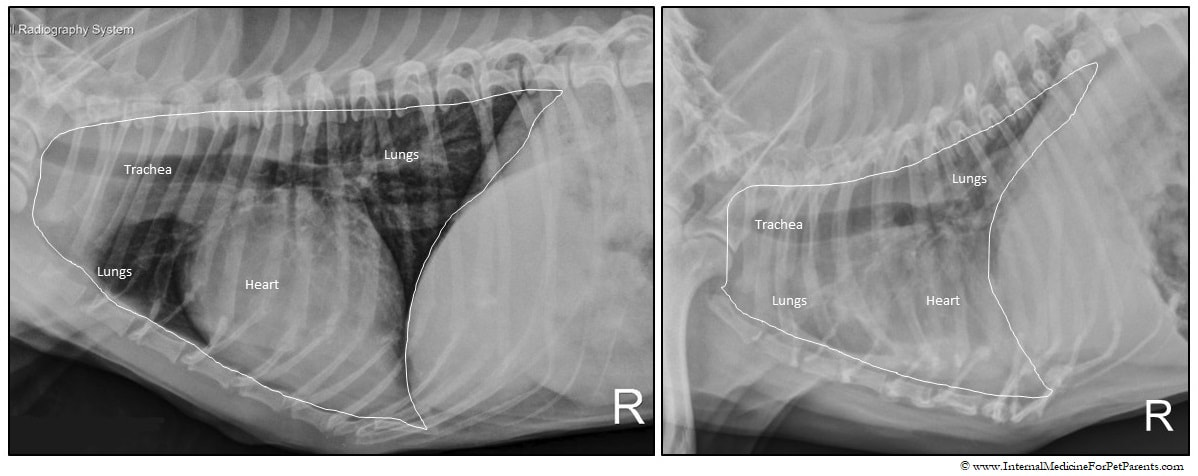
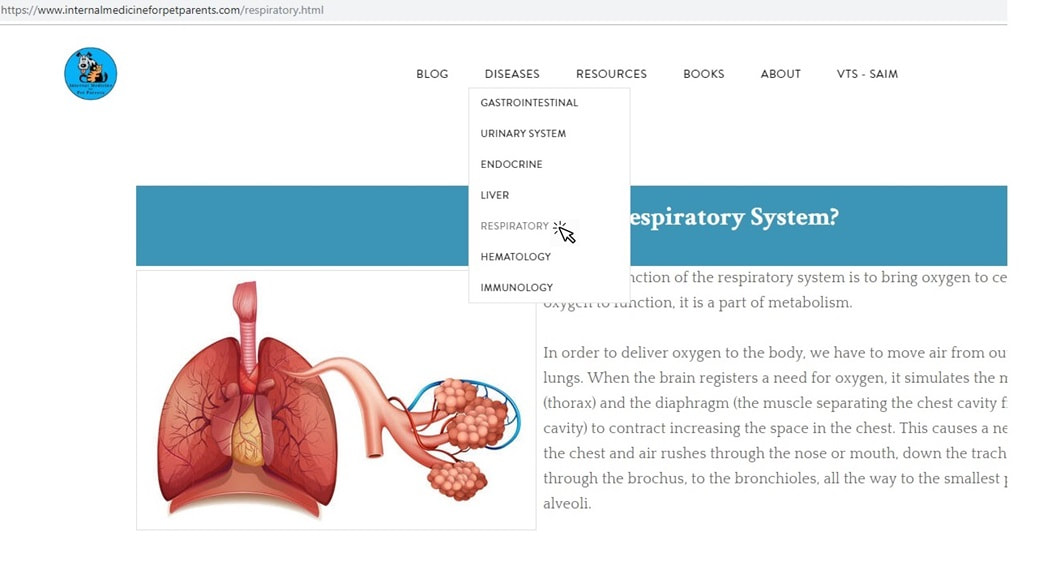

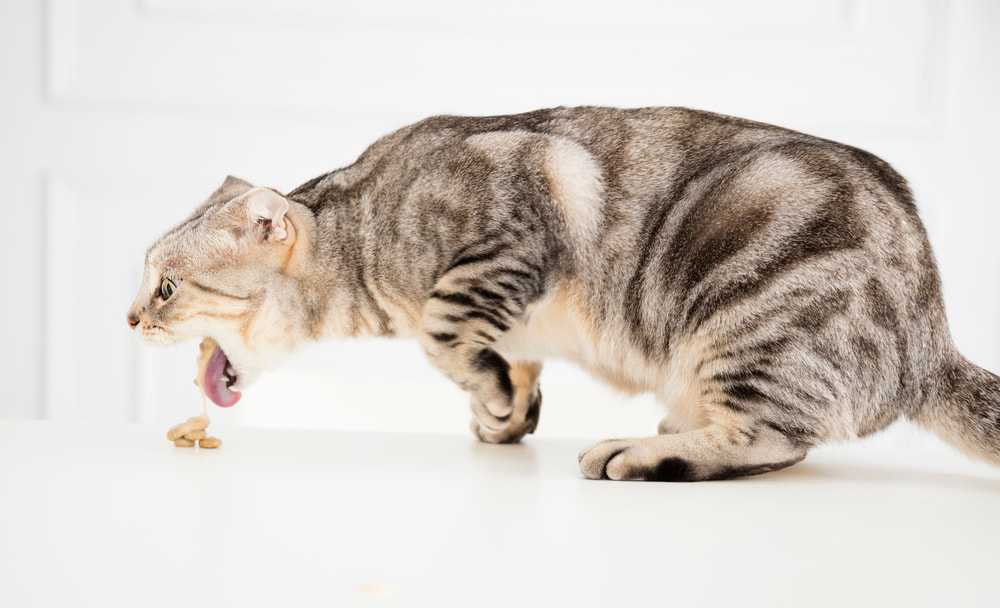
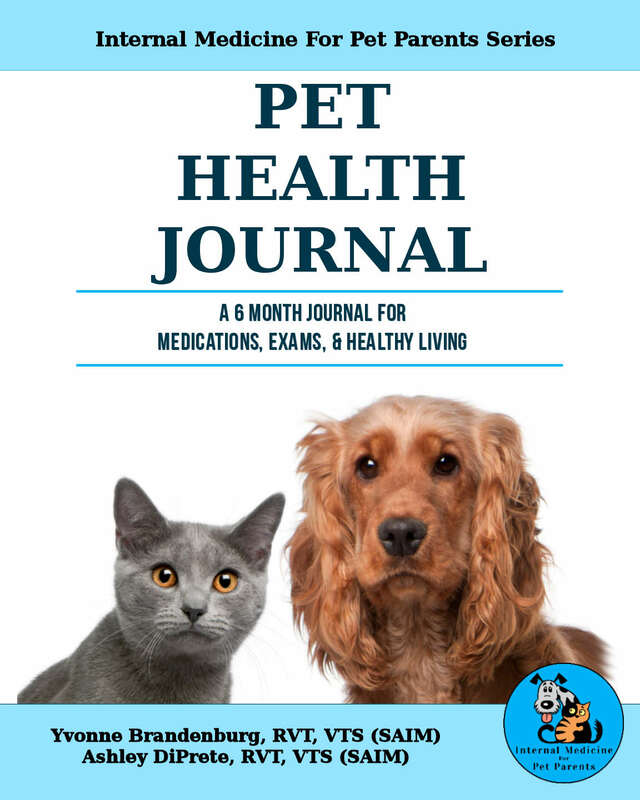

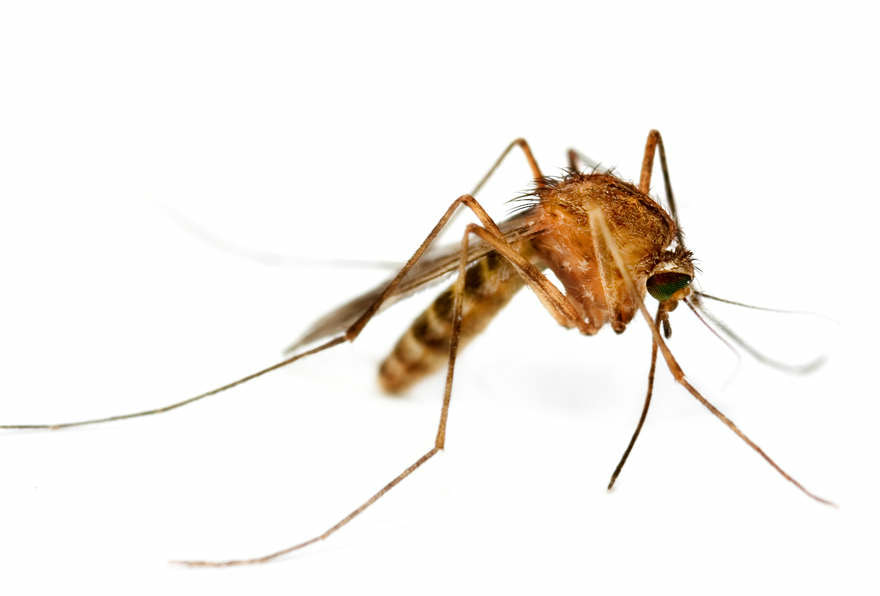

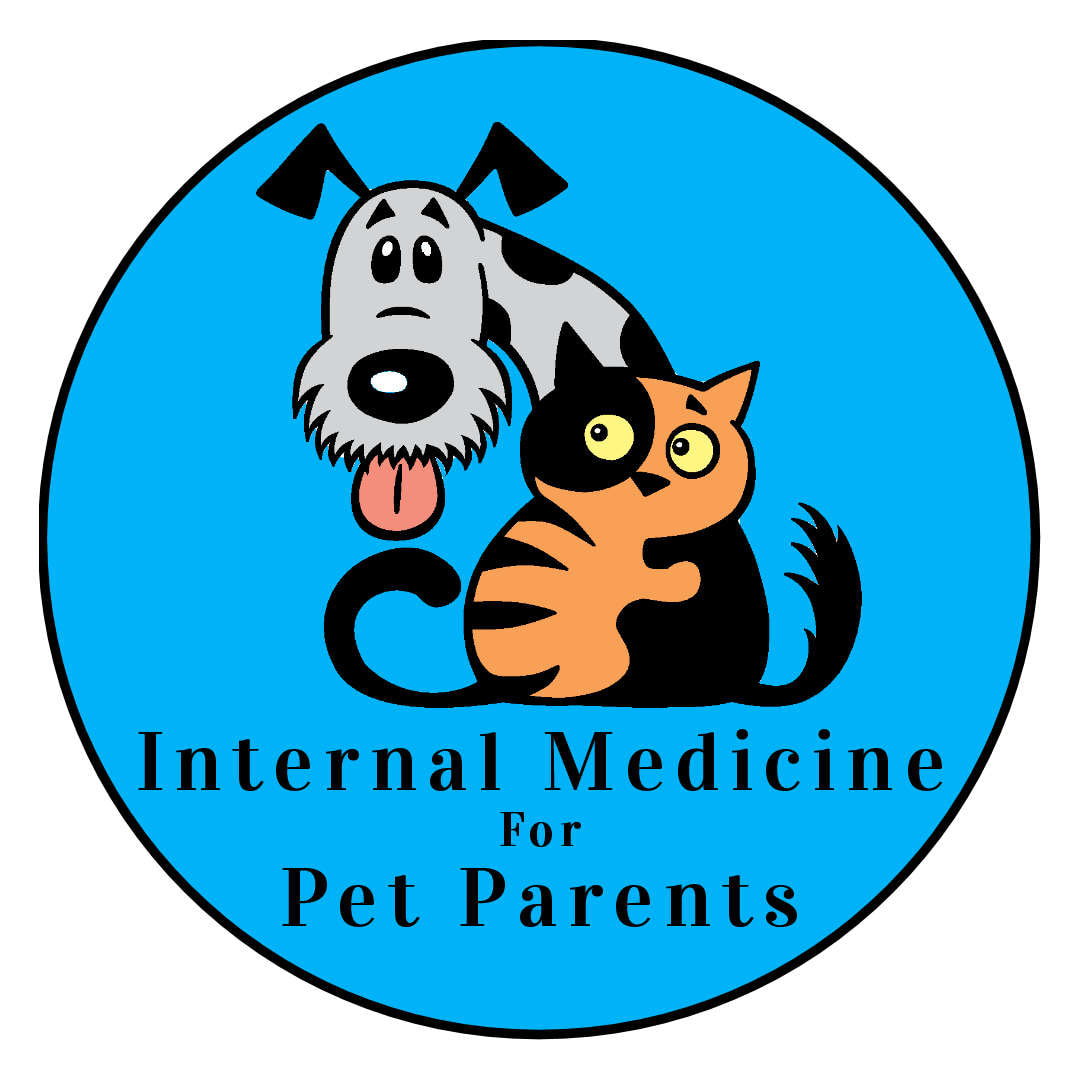
 RSS Feed
RSS Feed